The Psychology of Healthier Eating for Jiu-Jitsu
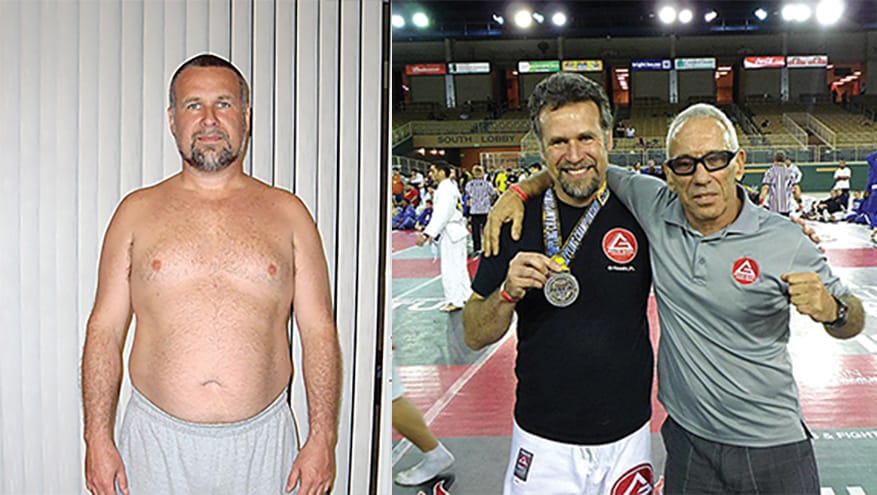
Implementing Long-Term Changes One Habit at a Time
Eating well is important for general health and critical for athletic performance. If you put garbage into your body, you will put garbage out. In jiu-jitsu, eating right can have a significant impact in performance and recovery, and the more you train, the more your performance will suffer if you eat poorly. It is crucial for jiu-jitsu practitioners to eat better, and it can be a mental struggle to make the changes necessary for long-term success. Learning how to mitigate the psychological barriers to healthier eating is a great tool to employ in the endeavor to eat, live, and train better. Bad eating habits are difficult to curb, but it can be done with proper execution and patience.
Choosing a Diet

Changing your diet is going to require time and effort. You will have to choose one that works for you and hope it is not too different from what you already eat. Most diets fail from the beginning if they differ too much from what you are accustomed to, and many people attempting a new diet make the mistake of changing too much too soon.
The best available resource when choosing a diet is a consultation with a nutritionist. Having blood work done and identifying your body’s individual needs is going to be the most effective strategy when determining what foods you should and should not be eating. A nutritional consultation, however, is an impractical plan of action. If the resources are unavailable to visit a nutritionist, the next best thing is research. There are many diets out there, each with its share of pros, cons, risks and rewards. Find a diet that may best suit your individual needs and experiment with it over the course of thirty days. If you notice any health benefits, stick with it. If not, modify accordingly or switch it up entirely. It never hurts to try, and the more you learn about nutrition, the more awareness you will cultivate. This investment in knowledge and mindfulness of your health will leave you better equipped to make more intelligent dietary decisions in the future.
Problems with Dieting

Diets tend to be generalized. Every person is different. The term “individual differences” is a psychological construct used to suggest that each individual varies substantially on every level. Though we are similar enough for diets to be generalized, there will be some areas that are more or less optimized for us than others. If you are on a low carbohydrate diet, for example, you could feel pretty horribly if you are putting in some serious mat time, training twice daily with no days off. If you are mostly sedentary, training only once a week, then a low carbohydrate diet potentially offers a much better fit. In addition to lifestyle and training regimen, there are other physical and genetic components such as metabolism, height, weight, body mass index, and allergies to consider.
Another obstacle with choosing and implementing a new diet is the change to your eating habits. Changing too much too soon is going to put some extra stress on your body and mind, leading to serious complications. Though you may feel physically better, placing too many restrictions will create some mental anguish from removing too many of the foods you love to eat. Health is important, but how you feel mentally is even more important for adherence. If you are dieting and finding out that you are miserable and depressed because you cannot have anything good, your quality of life will suffer. This can lead to worse dietary decisions. You should be able to eat whatever you want within reason. Scientific research has shown that willpower is ultimately a mythical force that is unreliable for long-term changes. Therefore, changing habits and behaviors little by little is much better for enduring results.
Changing Habits for Better Results
Start Small
Creating better eating habits with small, consistent changes is a great way to reprogram your mind to want good, healthy foods without being overwhelmed

by unhealthy cravings. Your body has adapted to what you eat, and your body does not like change. Change is stressful. This is why we are so great at adapting to new internal and external environments. Your diet is no different. Make a small change first until it becomes habitual then make another. Keep making small changes until healthy eating becomes second nature.
Eat Whatever You Want
You will need to eat whatever you want. This may sound like the worst advice you have ever received, but it makes sense. Diets are overwhelming if there are too many restrictions. The inability to eat whatever we want creates stress and tension

within the body and mind. Willpower becomes useless when the mind is overwhelmed with remembering dietary restrictions and denying what your body craves. If you are training a lot, then your cravings are going to be magnified exponentially, creating more cognitive overload. Diets, then, are a long shot for changing your eating habits successfully.
Cultivate Dietary Awareness
Your body truly does not want anything bad put into it. Sugars and starchy foods, for example, may feel good to eat but are detrimental to your body’s internal environment and are ultimately unwanted. Digestion requires great energy which is why you feel sick if you eat a very heavy meal and attempt to train jiu-jitsu or do any other strenuous physical activity. Thanksgiving dinners are also a perfect example of how your body will shut down after indulging too much. Creating awareness and being mindful of how your body feels after meals is a great starting point. If you notice that you are tired and sluggish after eating pasta, use this feeling as a reference for the next time you want to eat pasta. In the future, replace the pasta with a lighter meal, assess how you feel, and modify accordingly.
Do Not Focus on Weight
Unless you have a competition coming up, pay little attention to your weight. The last thing you should be doing is analyzing
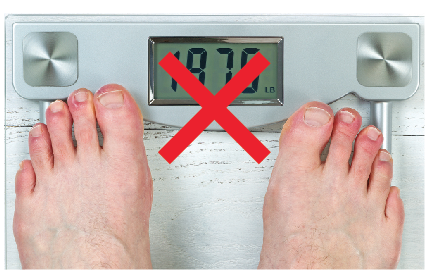
your diet’s success in terms of what the scale reads. If you are training jiu-jitsu or lifting weights, you are probably developing muscle tissue. Muscle tissue is more dense than fat. Losing fat and gaining muscle can tip the scales on the heavier side. If you neglect this fact and pay too much attention to weight, you are setting yourself up for failure. Furthermore, the idea of a goal weight as described by some chart is bogus. These charts very rarely take individual differences into account. Body types, genetics and environments are too inconsistent across the board to rely on basic, generalized charts. Instead of the scale, pay attention to how you feel. Where you feel best on and off the mats is likely close to your ideal weight. Find it, be aware of it, and maintain it.
Tips and Tricks to Eating Better
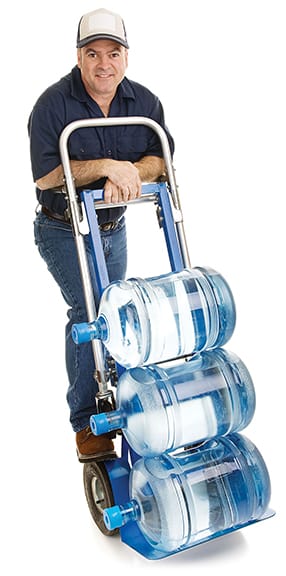
Drink More Water
Dehydration can trick your body into thinking that you are hungry when you are not. Drink more water during meals and when you feel hungry. Drink water before giving in to another meal and if you are still hungry after properly hydrating, then eat.
Practice Not Finishing
Nobody likes to waste food, so people will overeat in order to avoid being wasteful. The extra calories consumed are unnecessary and will be stored as fat. Be aware of how much food you consume, stop eating when you are full, and if you happen to have more than you can handle, practice not finishing.
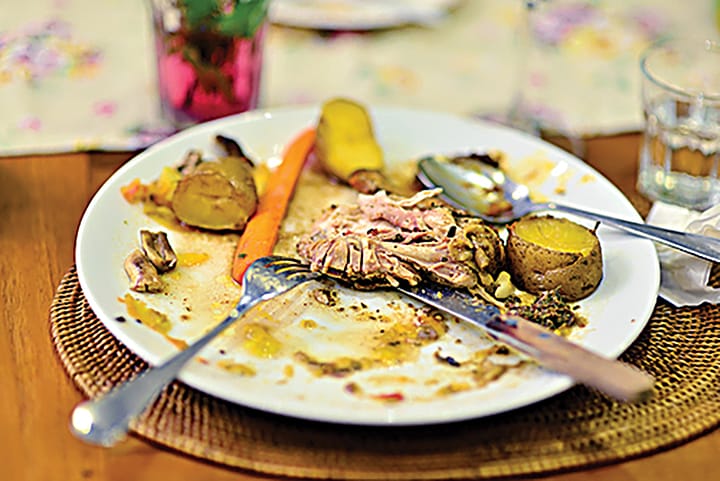
It is all right to leave some food behind for the sake of your health and wellness. Carry over any guilt you have for the next meal to prepare only what you can handle.
Spend More Time with People Who Eat Well
There is a saying that we are the average of the five people we spend the most time with. If this is true, spending time with people who eat poorly will lead to poor eating habits. On the other hand, if you begin having meals with friends who are health conscious, you will begin to develop more health conscious habits. If your five friends consistently order salads, the likelihood of you ordering pizza will be slim. Choose your lunch and dinner dates wisely.
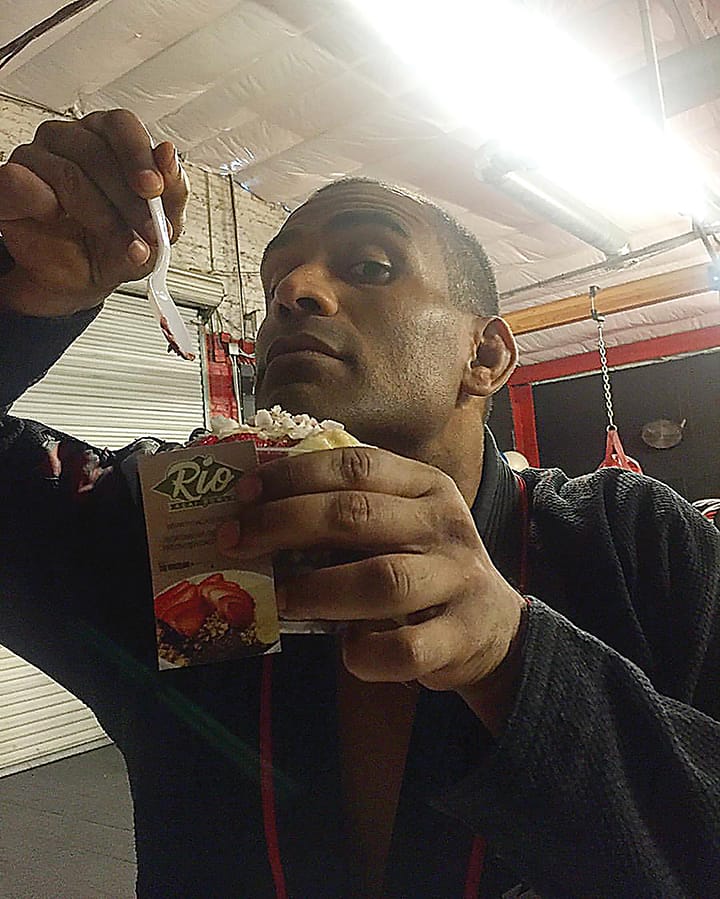
Tell Friends and Training Partners
Cognitive dissonance happens when our actions and our attitudes are inconsistent. If you tell a friend you will be cutting out sugars for thirty days, you are going to do your best to cut out sugars. Telling friends and training partners is great for accountability. The more people you tell, the more compelled you will be to make healthier decisions in order to keep your words and behaviors in line. Also, if you do not keep your word, your training partners will make you pay on the mats!
